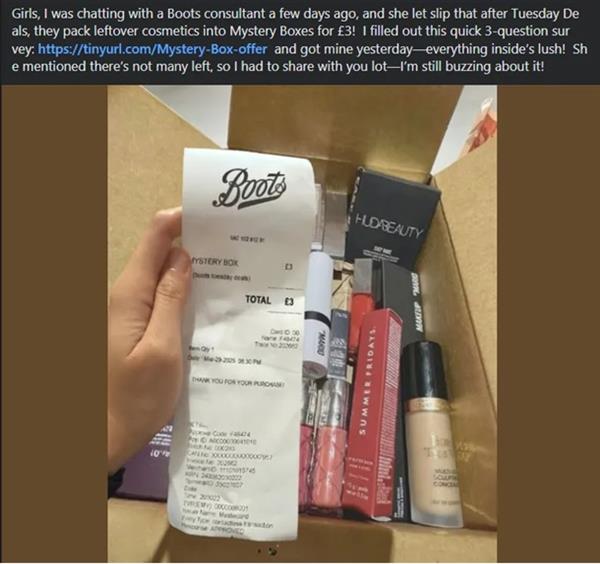
|
||||
|
|
||||
|
||||
|
The latest scam alerts |
||||
|
Dear Resident,
Oasis fans have lost over £2m to ticket scamsLloyds Banking Group has estimated, based on the volume of fraud reports made by its own customers, that since Oasis reunion tickets were released, more than £2m has been stolen by ticket scammers across more than 1,000 cases. The bank said that many cases began on social media and that across its banks - Lloyds Bank, Halifax and Bank of Scotland - Oasis fans made up more than half of all reported concert ticket scams so far this year, losing £436 on average. The biggest amount lost in a single case was over £1,700. Fake Oasis tickets were the biggest type of ticket scams, with the average victim losing around £200 more than the average lost to a concert ticket scam. People aged 35 to 44 were the most likely to be scammed, making up nearly a third of all cases. Edinburgh, Warrington and Manchester have the highest numbers of victims. If you spot any suspicious posts, you can report them to the social media platform and the National Cyber Security Centre to investigate.' On social media, posts are usually reported by selecting the three dots in the top right corner of the post and pressing 'report.' Malicious websites can be reported to the National Cyber Security Centre.
Weight loss pill scam
A scam email impersonating Mail Online promotes a 'miracle weight loss pill.' The email also says that the product scored a deal on tv show Dragon's Den and includes a phishing link for you to purchase the item. The link will lead to a dodgy website asking for you personal and financial information. Scam emails can be reported by forwarding them to report@phishing.gov.uk. Malicious websites can be reported to the National Cyber Security Centre.
Boots impersonation scam
A scam post on Facebook tells you that Boots is offering mystery boxes for £3 full of 'leftover cosmetics' in exchange for completing a short survey. The post, most likely published from a scam or hacked account, includes a malicious link to complete the survey which is where your personal and financial details will be stolen. You can report posts on Facebook by selecting the three dots in the right corner and selecting 'report.' Malicious websites can be reported to the National Cyber Security Centre.
If you have been a victim of a scam, then report it to Action Fraud or by calling 03001232040.
Regards, Brigg NPT
| ||||
Reply to this message | ||||
|
|





